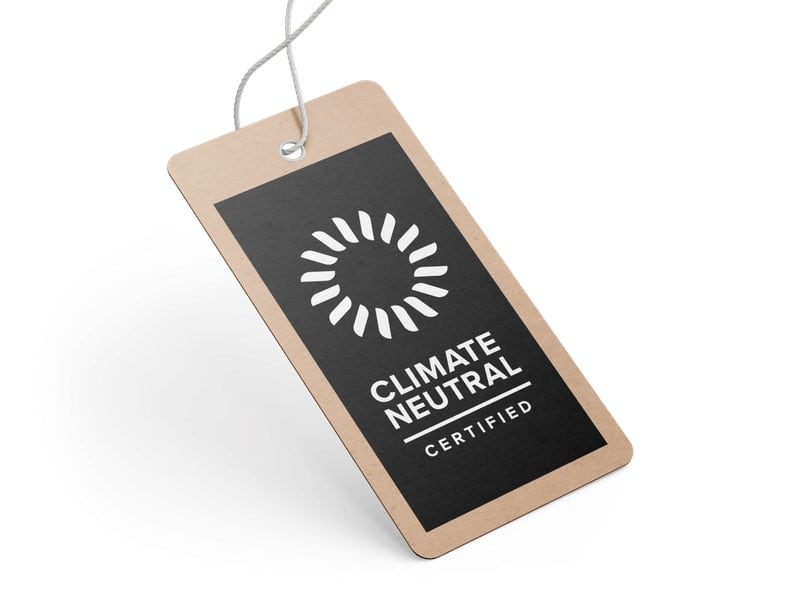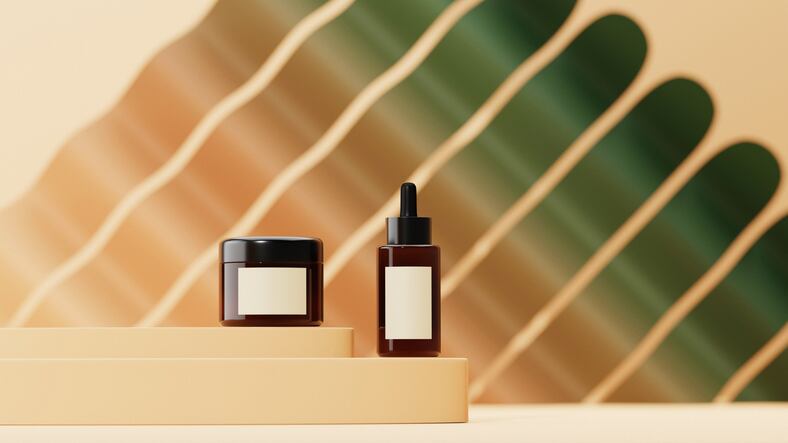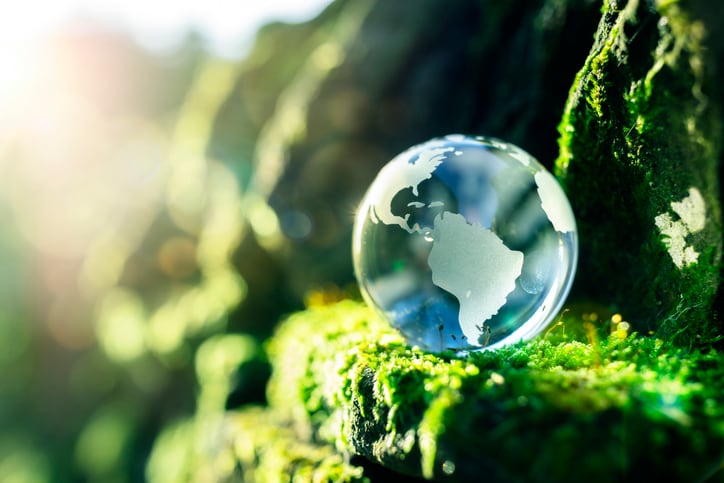In December 2019, the European Commission (EC) unveiled its European Green Deal that aimed to steer Europe towards becoming the first climate-neutral continent by 2050 and enshrine climate-neutrality into law. EC president Ursula von der Leyen made clear at the time that Europe would do “whatever it takes” to unlock investment, innovation and creativity needed to reach this goal.
Since then, numerous beauty brands, manufacturers, suppliers and retailers had extended, advanced or launched pledges to take operations closer to climate neutrality and non-profit organisation Climate Neutral was on a mission to make these efforts clearer to the end consumer.
‘Consumer-facing label’ for carbon neutrality a ‘massive opportunity’
“We were formed because there was no consumer-facing label for carbon neutrality,” said Austin Whitman, CEO of Climate Neutral.
“From the consumer side, it’s a problem because many consumers know about climate change; are concerned about climate change, but don’t honestly know what to do about it. …We felt there was this opportunity to tap into that frustration among consumers not knowing what to do about climate change and that there would be a massive opportunity to drive demand for companies that are carbon neutral,” Whitman told CosmeticsDesign-Europe.
Launched in early 2019, the US-based non-profit offered its Climate Neutral certification and on-pack label to businesses who had achieved a zero net carbon emission status in a year. The organisation certified various companies, from apparel brands and yoga studios to beer and beauty manufacturers, and continued to work with them on a rolling annual basis to measure climate impact by the tonnes of carbon dioxide offset and reduced.
Climate Neutral also worked with each company to inspire continued efforts in reductions, expecting public declarations on goals each company hoped to achieve over time, Whitman said.

“The real challenge here is not ‘what are our carbon emissions?’; the real challenge needs to be ‘how do we reduce them; eliminate them?”
Health and beauty now a ‘big focus’ for Climate Neutral
Whitman said within the first year of Climate Neutral being founded, the organisation started to get plenty of interest from health and beauty companies.
“Health and beauty has become a big focus for us in the last 18 months. We started to see a good number of brands in the health and beauty space approach us in September, October of 2019.”
Of the 150 companies currently certified with Climate Neutral, and the 250+ waiting to be certified for their 2020 emissions, he said 21 operated in the health and beauty space.
“I think the fact that companies in an industry start to move, and move towards something that other companies are doing, it creates a momentum effect where other companies take notice and they fear they’re losing out or being left behind,” he said.
For beauty, Whitman said the biggest challenge in obtaining net zero emissions would be in use of chemicals and packaging, but that shouldn’t stop brands and businesses working towards becoming net zero.
“This is going to happen eventually, it’s just a question of when you decide to do it. Every business in the world will be shooting towards net zero within some timeframe, and as the executive of a company you need to decide whether you want to be on the leading end of that wave or trailing it, and what the implications are for your customers.”

Industry, he said, had to calculate how aggressively they wanted to push towards carbon neutrality and how exactly they might do that.
Beauty brands that had already obtained the Climate Neutral certification included Nécessaire, Blume and Saie, among others, and whilst there were no sizeable beauty brands on the list yet, Whitman said interest was bubbling.
“We had one conversation with one of the larger, one of the largest, cosmetic companies about a year ago.”
Onboarding of larger beauty businesses, he said, would “happen over time”; it was entirely normal the smaller, more agile and simpler operations were able to achieve net zero operations first.
Carbon neutral future needs offsetting as ‘part of the framework’
Climate Neutral’s goal was to continue expanding the number of companies it certified each year and increase the average size of the companies it worked with, Whitman said. And the current COVID-19 pandemic had created increased interest amongst consumers and businesses, alike.
“There’s this (…) realisation that the global community is being hit at once with a single sledgehammer, and that’s a lot like climate change – a slap in the face that makes people realise we’re not invisible. And that vulnerability has pushed a lot of people from their traditional work into thinking about climate change, and I think that’s caused a lot of gathering momentum in the workforce and company decision-making.
“…There’s this whole mind-shift that has been very persistent in the last 12 months,” he said.
Asked if carbon offsetting – considered controversial by some – was the way forward, Whitman said: “The reality is that there’s a limited amount that individuals can do, and a limited amount companies can do immediately about their climate impacts because so much of emissions are tied to systems that are bigger than any individual or small-and-medium company.”
There were so many aspects to decarbonising a network, he said, from details like packaging and shipping through to the energy used at each manufacturing stage. And so, whilst decarbonising all of this was of course the long-term goal, offsetting emissions in the meantime remained important, he said.
“…We are perfectly comfortable defending the view of carbon offsets, if they’re offsetting 100% of carbon emissions, because that’s how we’re going to mitigate more and more. That’s not to say that’s where you stop – it’s part of the framework.”
The traditional view on carbon neutrality had always been to measure, reduce and offset but Climate Neutral believed this was dated, Whitman said, instead following a framework that annually measured, offset last year’s [emissions] and then worked on reducing future emissions.
“We’re just one part of a multi-pronged effort or global strategy that needs to work, to the extent that the existence of our label and consumer excitement about that translates into general consumer awareness that everything I do and purchase has a carbon footprint. That then, in our minds, can help shift consumer attitudes towards things like voting and thinking about the amount they consume, not just what they consume.
“It’s not fair to assume that businesses and individuals understand the problem and they’re just not doing anything about it; they don’t understand the problem. The linkage between their actual behaviour and the problem they need to address – that’s part of our role. The more consumers we can get excited about the label, the more we can do there; the more mitigation and carbon removal and reduction will happen over time,” Whitman said.




